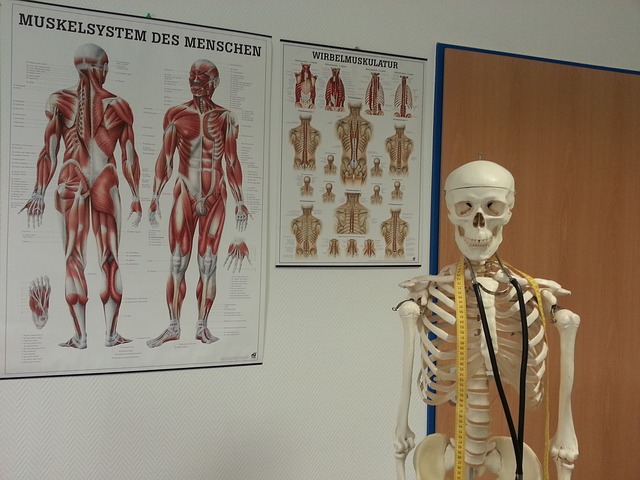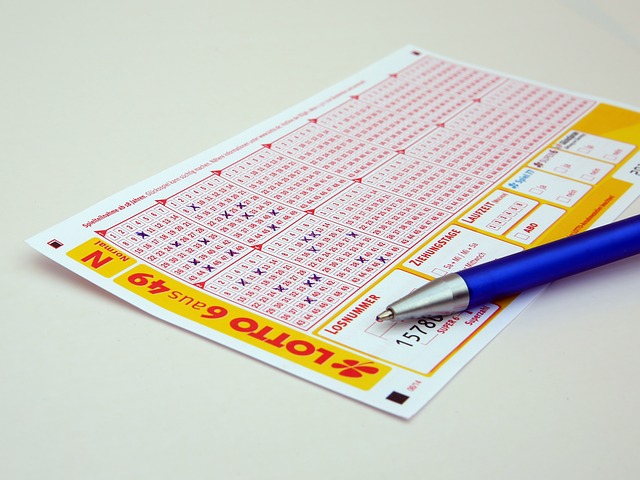The word photosynthesis comes from two Greek words: photo, meaning “light”, and synthesis, meaning “put together.” Looking at that those two roots, we have a good idea of what happens during the chemical process of photosynthesis: plants put together water and carbon dioxide with light to create glucose and oxygen.
In this article, we’ll break down what photosynthesis is, why photosynthesis is important, and discuss the chemical equation for photosynthesis: what it is and what each part of it means.
























